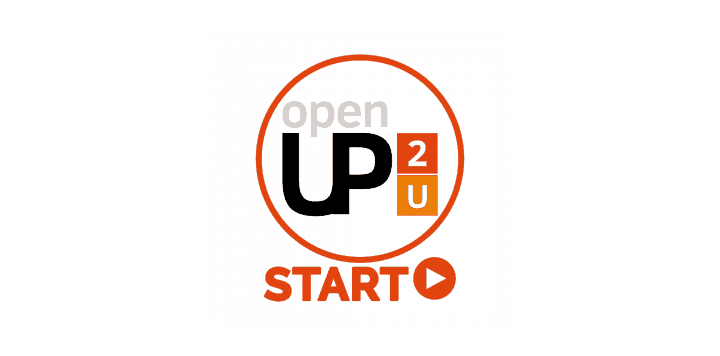The covid-19 pandemic has led to the physical closure of universities across Europe, and while closure has mostly been contained to the physical premises, university staff have been confronted with the pressing need of relying on digital tools to ensure continuity of their study programmes. While the academic sector has shown great resilience in ensuring continuity, the recent ESNSurvey “Student Exchanges in Times of Crisis” shows that half of the Erasmus students are given the opportunity to continue their courses online and 34% indicate their courses were partially moved online or partially postponed. While exchange students’ testimonies show how deeply affected they are by an early-return to their home countries and how the pandemic could result in a “lost” Erasmus generation, efforts are deployed by universities to mitigate this impact by running alternative online activities also at destination of their exchange students.
In this context, many initiatives have been initiated or upscaled and one of them is Up2University. Up2U is an EU-funded project powered by European not-for-profit organisations aiming at providing “course management, video-conferencing and file sharing integrated into a learning management system so that teachers and students can collaborate in real-time, supporting remote learning and educational support”. These services include a Moodle course management system, an open source web-based video-conferencing platform eduMEET, a turn-key platform to produce digital notebooks SWAN, and a Sync and Share storage solution for Science CERNBox.
Up2U was initially designed to meet the needs of secondary schools but with the pandemic the tools are also made available to smaller institutions struggling to keep up with the sudden pace of this shift. It is therefore an interesting open-source and EU-funded alternative to solutions which sometimes do a relatively poor job of preserving the privacy of both staff and students.

